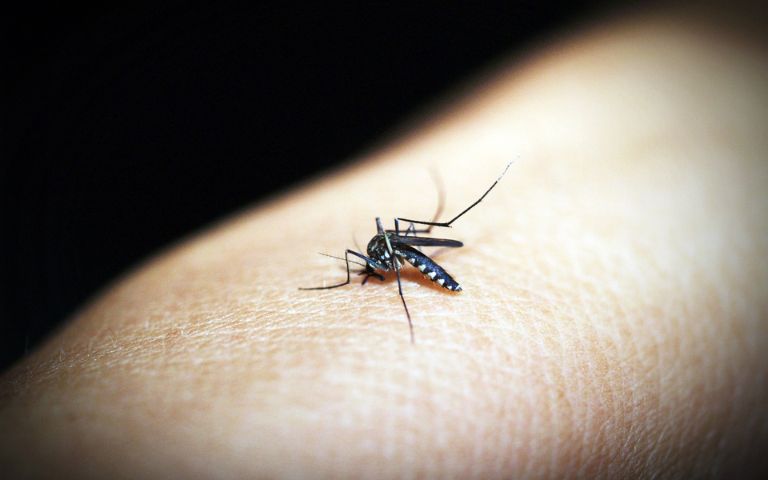Travel Health & Vaccinations

Our Guide To Travelling With Medication
Plan a hassle-free trip with tips on traveling with medication. Learn about packing essentials, insurance, and more for a safe journey with Southgate Medical.
How to: A Guide to Travelling with Medication
Navigate the challenges of traveling with medication. Learn about airline restrictions, storage tips, and ensure a hassle-free journey.
Motion Sickness Medication & Tablets: How To Treat Travel Sickness
Understanding motion sickness and its remedies. Explore treatments for travel-induced nausea and get expert advice for a comfortable journey at Southgate Medical.